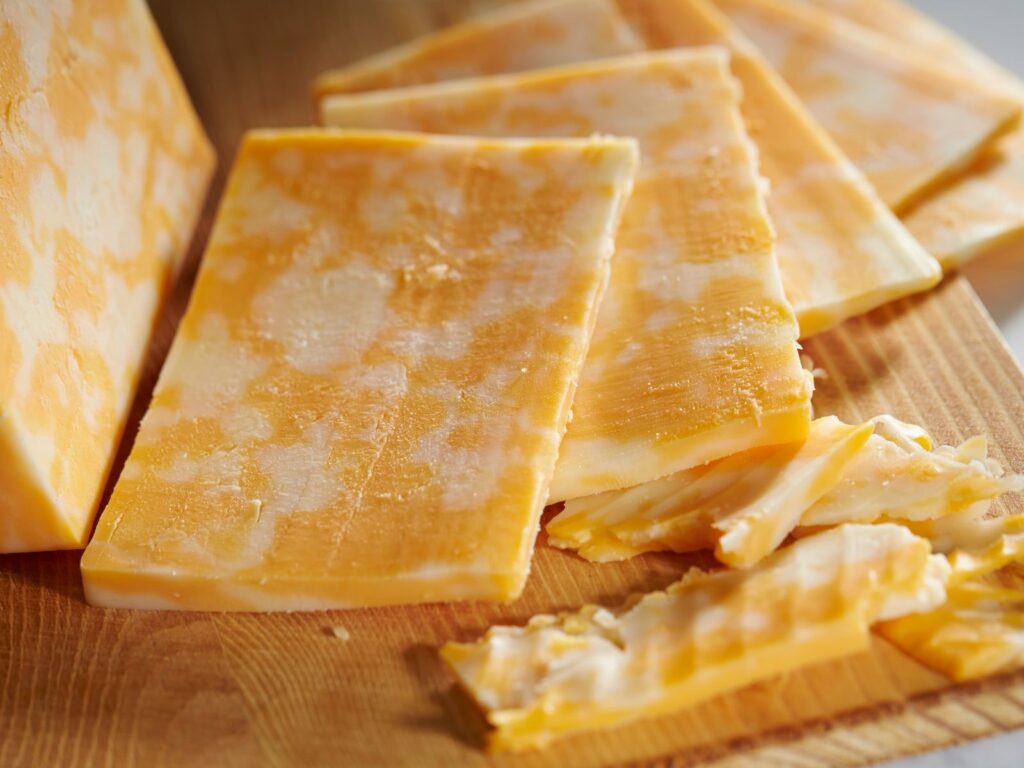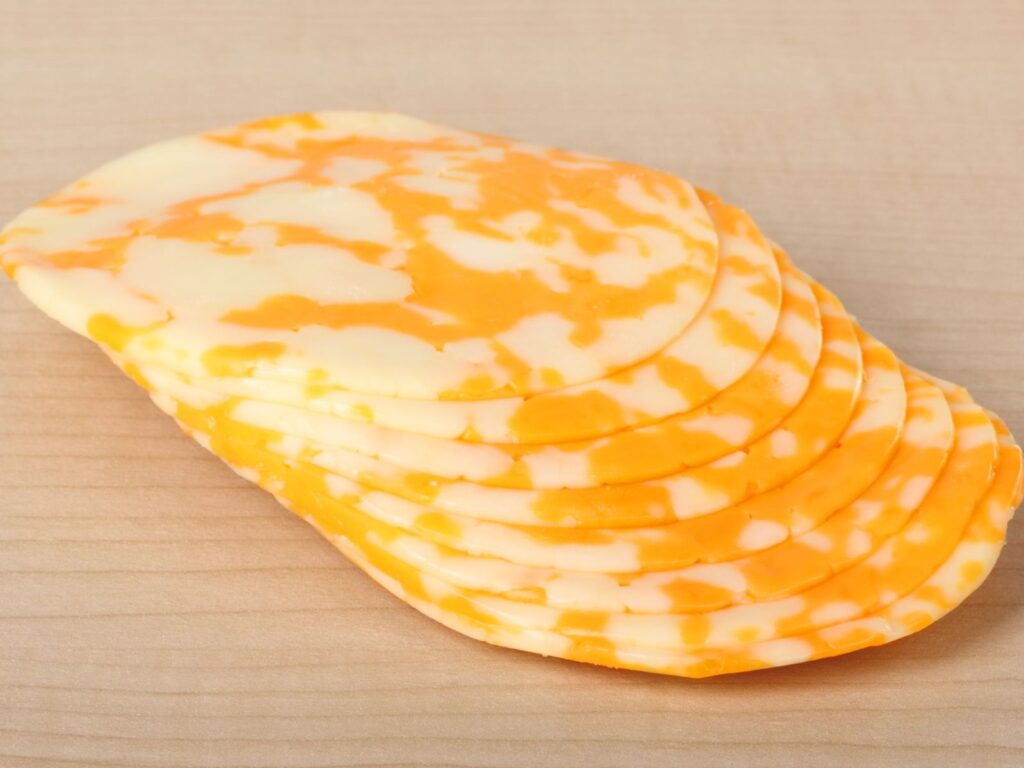As a responsible pet owner, it is crucial that you have a good understanding of what your dog can and cannot eat. Unfortunately, not all foods that are good for people are equally good for dogs. You will need to carefully choose foods for your dog based on what veterinarians understand to be safe. A lot of pet owners want to know is it safe to feed their dog cheese.
Yes, dogs can eat most types of cheese, including Colby, but there are a lot of things you should consider before feeding your dog cheese. This quick guide will provide some more information on this important topic. Keep reading to learn more.
Lactose Intolerance
Before you slice off a hunk of cheese and give it to your fur baby, you do need to consider your specific dog’s digestive system. Just like with humans, some dogs are sensitive to lactose and therefore should not be fed cheese on a regular basis.
Lactose intolerance means that the digestive system is not able to tolerate lactose. Lactose is a sugar that is in dairy. Lactose intolerance can range from mild to severe.
Lactose intolerance is signified by digestive upset when dairy products are ingested. This could show itself as gas, diarrhea, stomach pain, or other symptoms. If your pet has ever shown these symptoms after eating dairy, then you may have a case of lactose intolerance on your hands.
If you have never fed your pet dairy at all, then you might want to try a very small amount of cheese and see how they react.
If your pet shows signs of lactose intolerance, then you should avoid feeding it any type of cheese even though it is not necessarily toxic.
Allergies
You should also keep in mind that dogs can have allergic reactions to dairy as well, just like humans. If you feed your dog cheese or dairy and it appears they are having an allergic reaction, do not feed them anymore. You may want to set up an appointment with the vet to determine if your dog is allergic to dairy.
Blue Veined Cheese
Although cheese in general is not toxic to dogs, you should be aware that blue-veined cheese is a no-no. Blue veined cheese actually has a fungus growing in it. This is what gives blue cheese its distinct smell and taste. The fungus found in blue cheese can cause roquefortine to develop. This is a toxic substance to dogs. If a dog ingests this substance it can cause vomiting and even seizures. Avoid the following types of cheese:
- Danish Blue
- Roquefort
- Stilton
- Cabrales
- Gorgonzola
If you think that your dog accidentally ate one of these cheeses, you should consult your vet quickly.
Best Cheeses For Dogs
If you do decide to feed your dog cheese, aged cheeses are the best choice. These include Colby Jack, cheddar, parmesan, and Swiss. Aged cheeses have less lactose and therefore are less likely to irritate your dog’s stomach.

Cottage cheese is also a good option for dogs. Cottage cheese is fermented and so has less lactose. Some pet owners choose to feed their dog cottage cheese when the animal is recovering from a sickness or injury as it is easy to eat and mild on the stomach.
Benefits of Feeding Dogs Cheese
Cheese is a relatively healthy food, full of calcium and protein. It can be a nice treat to add to your dog’s regular diet. Dogs also really like cheese, so they will definitely view this as a treat.

Another benefit of feeding your dog cheese is that it can be a handy way to administer medicine. If you have a dog that has difficulty taking medicine, hiding the medicine in a piece of cheese works well.
You will need to keep in mind, however, that cheese packs in a lot of calories. If your dog is dealing with weight issues, you might want to avoid this treat. Even if your dog is not dealing with weight issues, though, cheese should only be fed in moderate amounts. You do not want to add in a treat too often as it will contribute to unnecessary weight gain.
Moderate Serving Suggestions
Now that you know it is safe to feed your dog Colby Jack cheese, you are probably wondering how much is okay. This will really depend on the size of your dog and how much dairy it can tolerate. Here are some suggestions.
- Use cheese as a training treat in small amounts.
- Add cottage cheese to dog food
- Use cheese to cover medicine
Conclusion
Your dog can have cheese in moderation. Dogs with lactose intolerance should probably avoid cheese and dairy all together. If you notice that your dog is showing signs of an allergy after eating cheese or dairy, do not feed and consult your vet.
Do not feed your dog blue cheese as the fungus found in the cheese can become toxic in your dog’s system.
Always stay up to date on foods that can be toxic for your pet.



